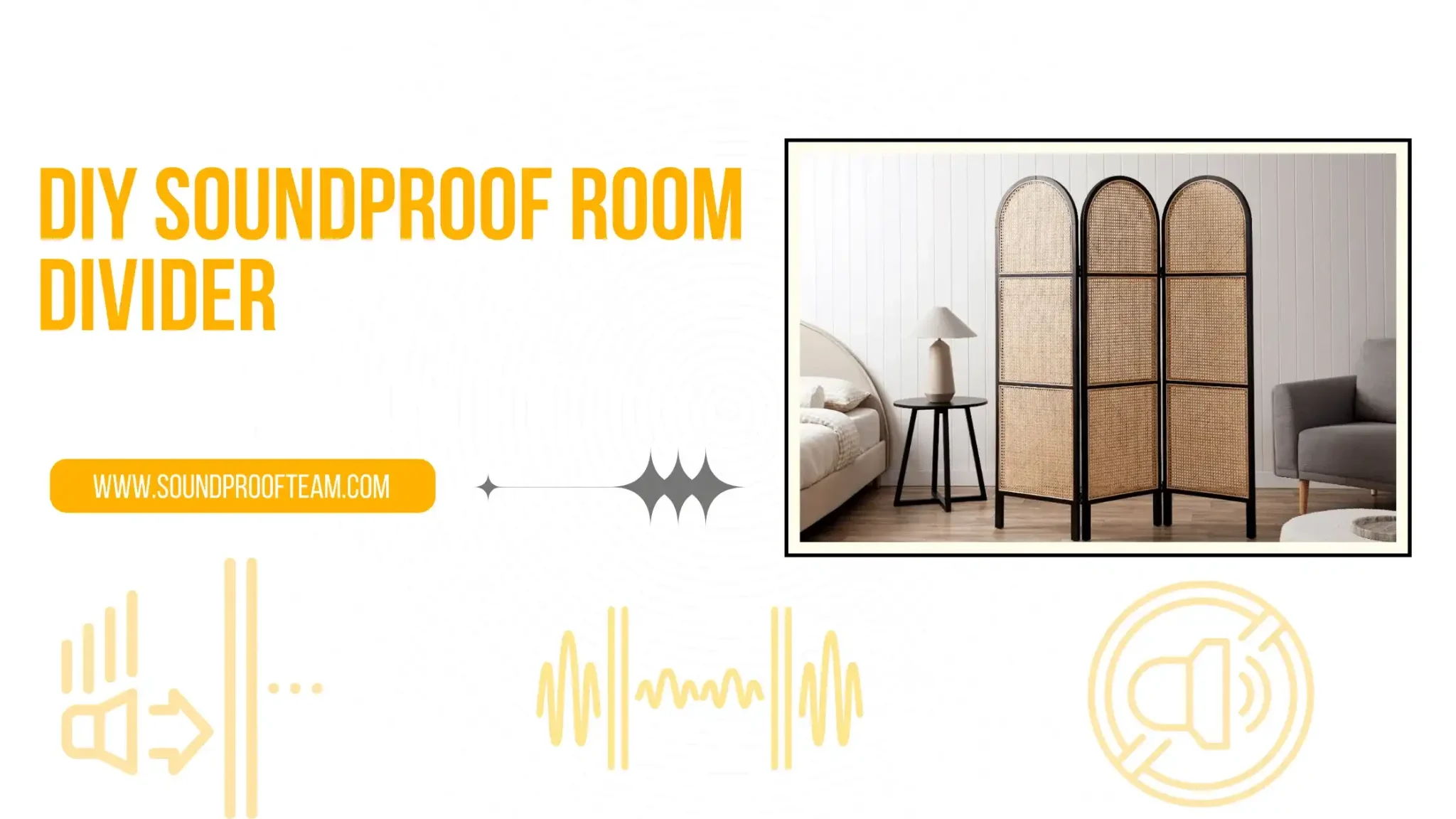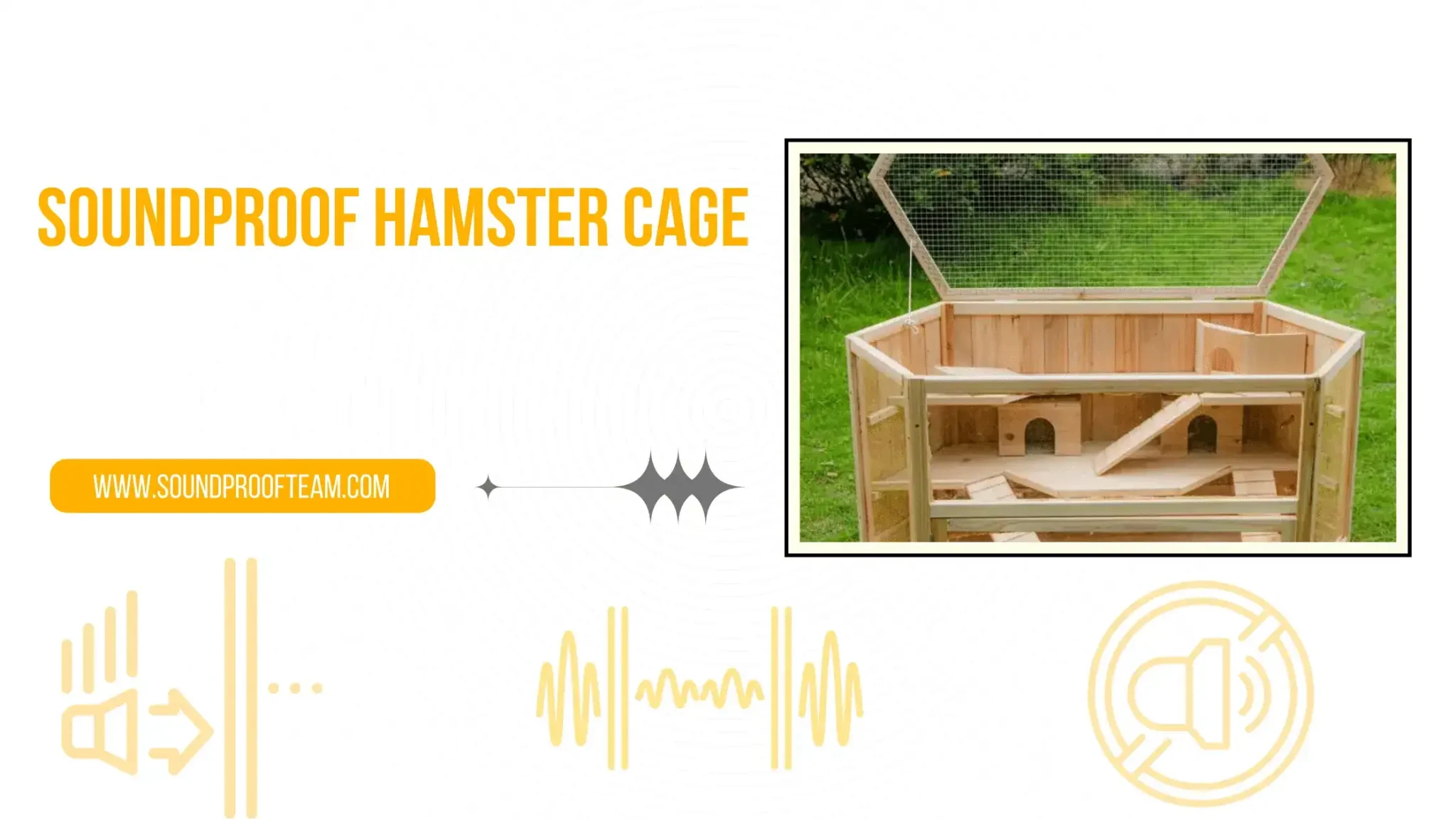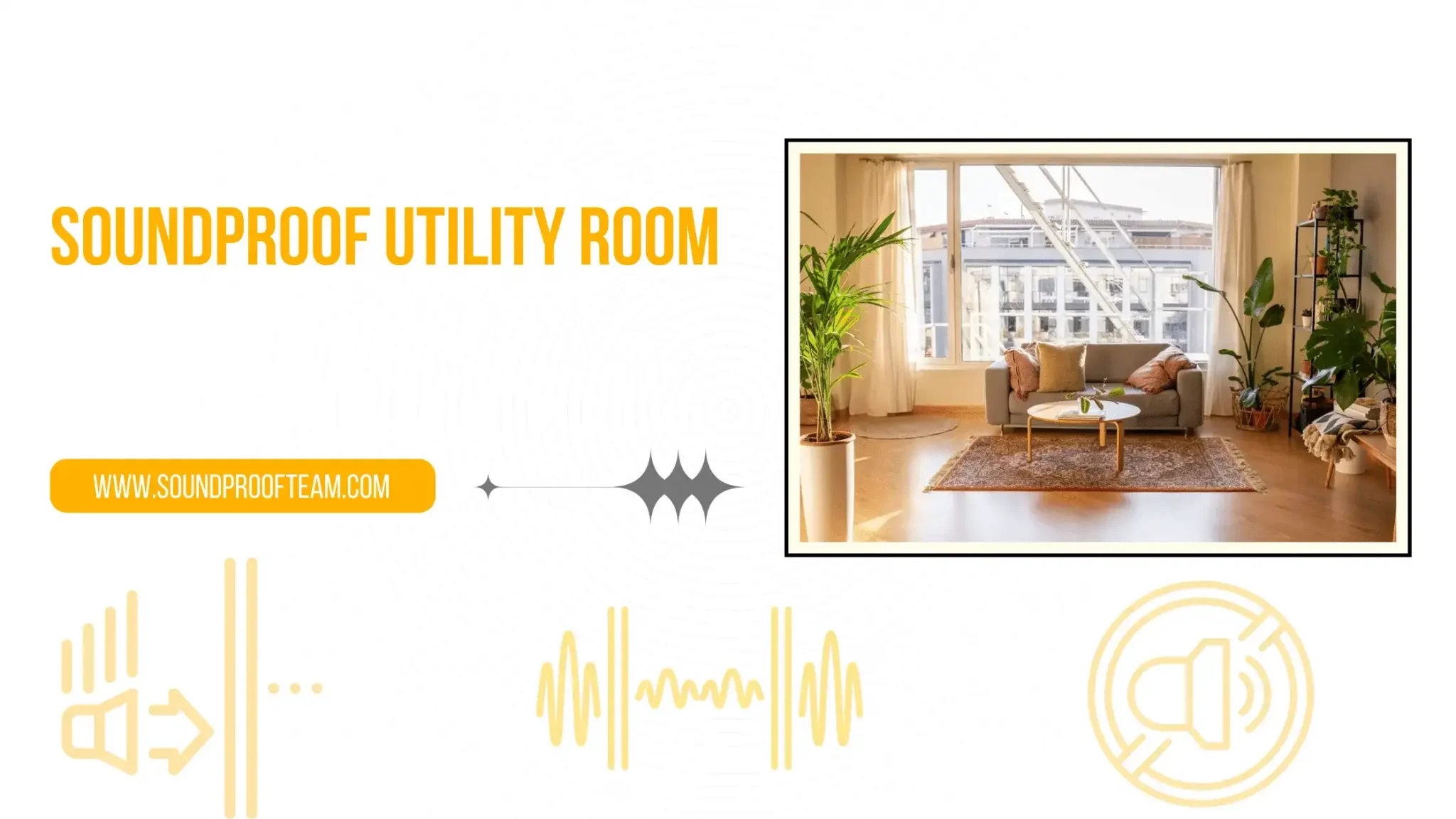The answer is no, townhomes are not completely soundproof. While they have several features that can help reduce the amount of noise coming from outside, such as thicker walls and insulation, there is still potential for some noise to come through. It’s important to understand what makes townhomes vulnerable to external sounds so you know how best to protect yourself against them. It’s also important to know how to soundproof a townhouse as an effective solution.
Here, we’ll discuss what makes townhomes vulnerable to sound and how to reduce it.
7 Reasons Why Townhomes Are Not Soundproof:
Shared Walls:
Townhomes are connected to other townhomes with common walls. That means that any sound from one side can easily travel to the other, making it difficult to maintain a sense of privacy. It also means that noise from outside can easily make its way into the townhome.
Poorly Insulated Windows:
Most townhomes feature single paned windows, which are not typically soundproofed. This means that any sound coming in from the outdoors will be heard inside of the home.
Unsound Structure:
Townhomes typically have thinner walls and ceilings than regular homes, which means that they are more prone to outside noise being heard inside the residence. To combat this, you can seal up any cracks or gaps with weather stripping and insulation.
Poor Ventilation:
Poor ventilation can cause sound to become trapped inside of the townhome, amplifying any external sounds that make their way in. To prevent this from happening, it’s important to maintain proper ventilation by keeping windows open and running fans or air conditioners if necessary.
Lack of Acoustic Treatments:
Townhomes often lack sound dampening treatments, such as acoustic panels or insulation in the walls. Without these materials, it can be difficult to isolate sound and prevent it from traveling between rooms.
Poor Building Materials:
Many townhomes are built with cheaper materials that are not designed for soundproofing, such as particle board or plasterboard walls. These materials do not provide much resistance to noise transmission and can make it difficult to keep sound levels low.
Unattached Floors:
Townhomes typically feature floors that are not attached to the walls, which can lead to sound traveling between floors and causing noise pollution. It is important to add insulation between floors in order to create a soundproof barrier.
How To Soundproof A Townhome:
Upgrade The Windows:
Installing double pane windows is one of the most effective ways to reduce sound from outside. These windows are designed with two layers of glass and an air gap, which helps absorb noise and keep it from entering the home.
Invest in Acoustic Treatments:
Adding acoustic treatments such as sound absorbing panels or insulation to the walls can help reduce noise levels significantly. It is important to consider installing these materials in each room of the townhome to achieve maximum effectiveness.
Use Rugs And Furniture:
The addition of rugs and furniture can also help absorb sound. It is important to make sure that these items are placed strategically to prevent noise from traveling between rooms. It is also important to note that these items should not be placed too close to windows, as this can actually amplify the sound.
Install A Soundproof Door:
Installing a door with heavy insulation or acoustic foam will help keep noise out of the townhome and provide added privacy for inhabitants. The door should be sealed to the walls and floor to create a soundproof barrier.
Add Floor Insulation:
Installing insulation between floors will help reduce sound traveling between levels. It is important to use materials that are specifically designed for soundproofing in order to ensure maximum effectiveness.
Seal Gaps And Cracks:
If there are gaps or cracks in the walls or floors, it is important to seal them up with acoustic sealant. The sealant helps absorb sound and prevent it from entering or leaving the townhome. It is also important to use foam insulation around pipes and wiring in order to reduce sound transmission.
Factors To Consider When Soundproofing A Townhome:
Cost:
The cost of soundproofing materials and installation can vary greatly depending on the size of the townhome and the type of materials used. It is important to weigh the costs before investing in any soundproofing measures.
Ease of Installation:
Some soundproofing materials may be difficult to install and require specialized tools or knowledge. It is important to consider the complexity of each material before committing to any soundproofing project.
Room Setup:
Different rooms may require different types of soundproofing treatments to be effective. Consider the layout of each room and what type of materials would work best for it before making a purchase. It is also important to consider noise sources within the home, such as audio equipment or appliances.
Ongoing Maintenance:
Some soundproofing materials may require regular maintenance to remain effective. Consider the upkeep required for each type of material before deciding which one to use. The more maintenance required, the higher the cost of the soundproofing project.
Durability:
It is important to consider how long the soundproofing materials will last and if they will need to be replaced after a certain period.
This will help ensure that the money spent on soundproofing is not wasted. It is also important to consider the potential for damage from environmental factors, such as water or temperature fluctuations.
Conclusion:
Although townhomes may not be as soundproof as a traditional single family home, there are still ways to reduce noise levels and create a more peaceful environment. From installing soundproofing materials in the walls to utilizing acoustic treatments, there are several methods that can be employed in order to make townhome living more comfortable. Ultimately, investing in soundproofing products and techniques is an important step toward creating a quiet and relaxed home atmosphere.







